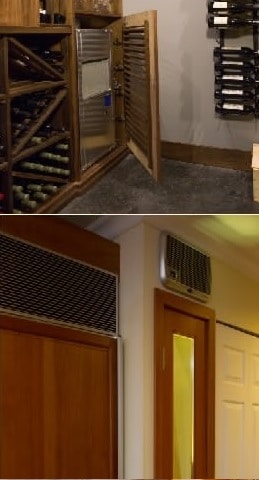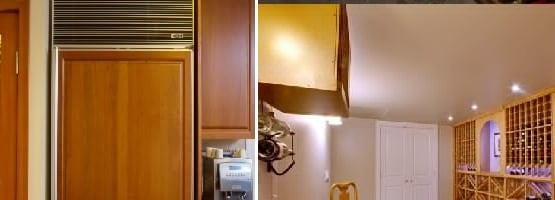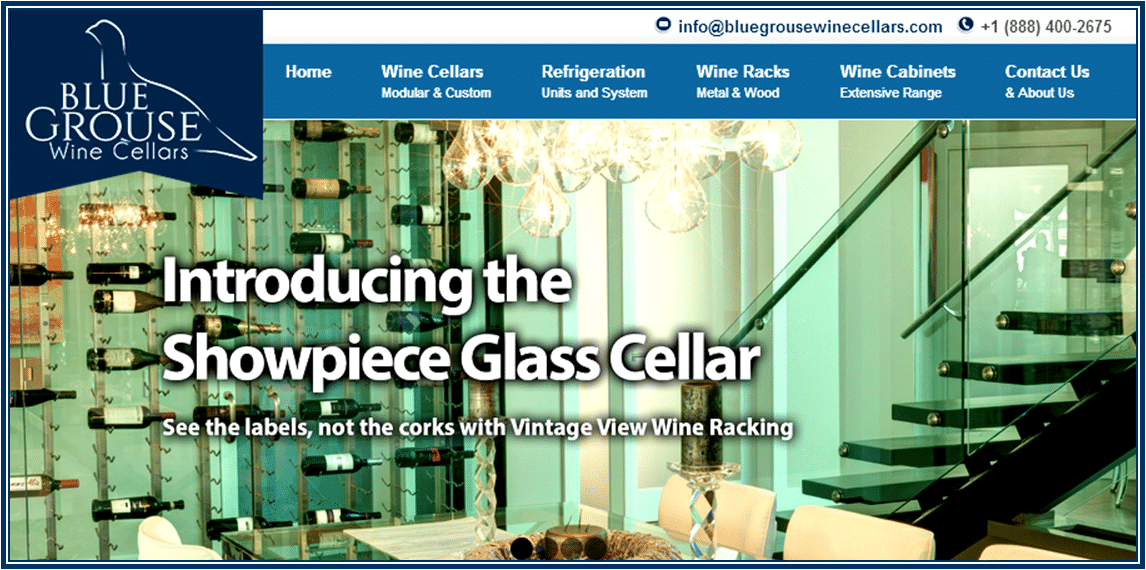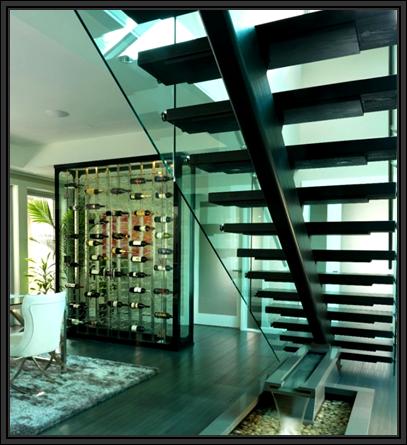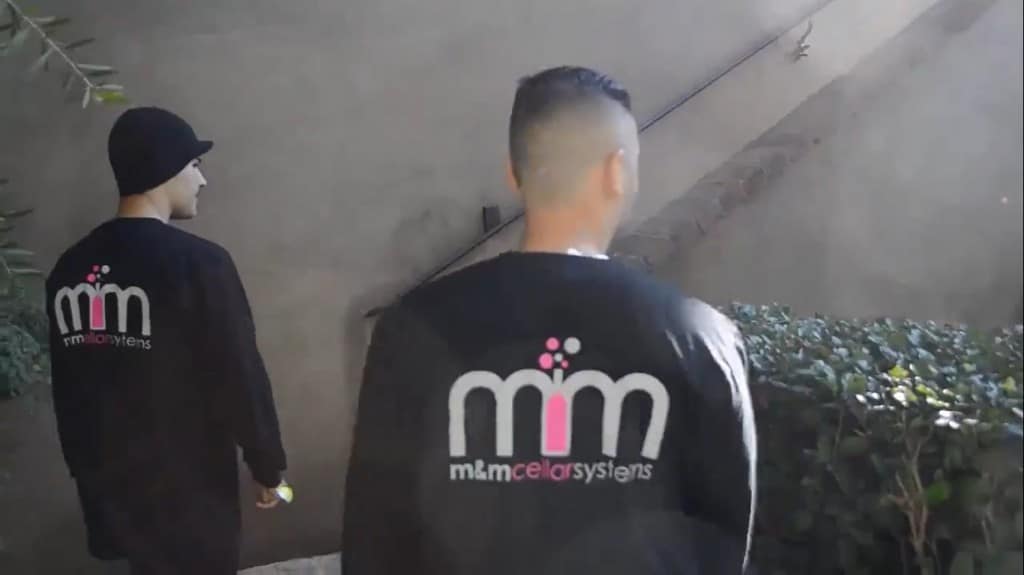
A team of HVAC experts from M&M Cellar Systems went to the residence of a wine storage owner in Irvine, Orange County. The team inspected the reported problem with the cellar’s cooling unit.
A recent repair project in Irvine, California for M&M Cellar Systems found a wine cellar cooling unit leaking refrigerant. The client was fortunate to have the leak repaired promptly, avoiding irreparable damage. This project demonstrates the importance of having a regular maintenance plan for your wine cellar refrigeration system to prevent problems like this.
M&M Cellar Systems HVAC Experts Detect Freon Leaking from a Cellar Cooling Unit
M&M Cellar Systems recently completed a repair project in Irvine, a city located prominently in Orange County, California. A client called for a team of HVAC professionals to fix their leaking wine cellar cooling equipment. Initially, the team had to determine where the leak was located exactly. Among the various methods of detecting Freon leak, the team used the Ultraviolet Light Leak Detection Method.
An HVAC technician injected a UV detectable dye into the cooling system. The dye was allowed to circulate thoroughly for a month. Then, he came back to check where the dye was exiting to identify the leak location. The leak was found inside the refrigeration unit.
The team had to completely disassemble the equipment to gain access to the problem and repair it accordingly.
3 Effective Methods of Refrigerant Leak Detection
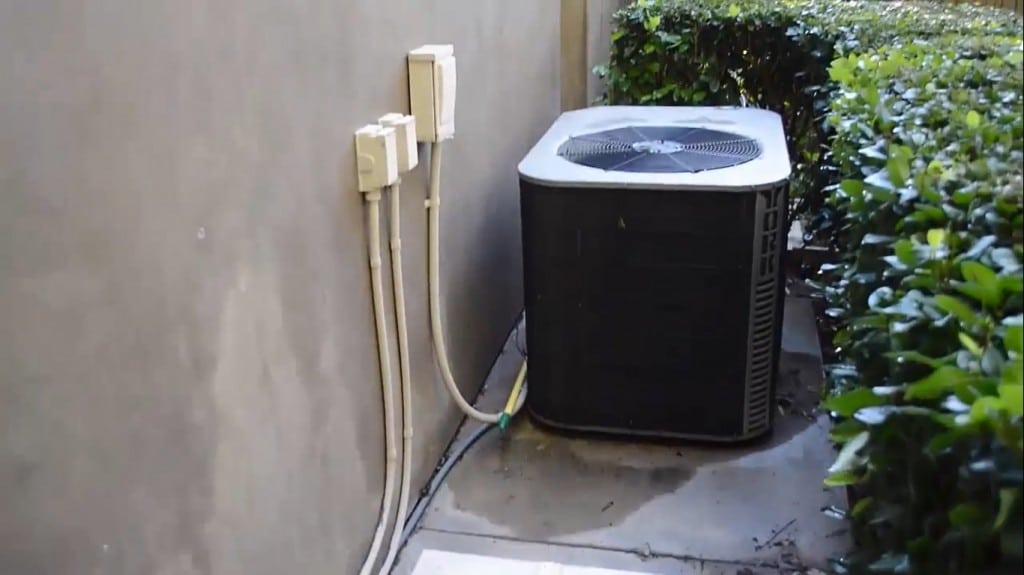
The HVAC professionals used the UV Light Detection Method in locating the Freon leak in this Irvine wine cellar refrigeration equipment. Find M&M Cellars on Yelp by clicking here!
A wine cellar cooling unit cannot function properly without refrigerant. A refrigerant is the one responsible for creating the cool air that refrigeration units provide. Freon is one of the most popular refrigerants used in most cooling equipment.
Freon is a collective trade name for a number of compounds that are used as refrigerants in cooling units. When placed in room temperature, Freon turns to gas. It goes back to liquid form when placed in a cooler temperature or when compressed.
A refrigerant is a vital element of an effective wine cellar cooling system. If a refrigeration unit is losing refrigerant through a leak, it can gradually stop functioning. This is why it is necessary that you have a regular cooling system maintenance plan, so that you can detect problems with your equipment and be able to have it fixed immediately. Problems such as Freon leaks need to be detected early and repaired promptly; otherwise the damage could worsen and the repair could become more costly.

